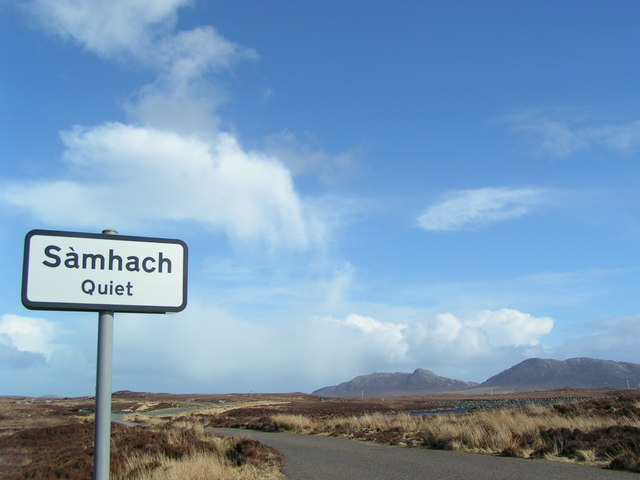Lost in the words?
 Thursday, October 31, 2013 at 4:11PM
Thursday, October 31, 2013 at 4:11PM A marine inversion layer covered Vancouver in a blanket of fog for much of October. When I rode the SeaBus from Lonsdale Quay to Waterfront Station last week I couldn’t see six feet beyond the windows. That felt a bit like writing a novel:
- I couldn’t see where I was going.
- I couldn’t be certain of reaching my hoped-for destination
- There was a sense of being suspended in time and space with a cast of unknown characters
- The short commuter ride into the gloom was both frightening and exhilarating.
Word count: 433 Reading time: 1-2 minutes
Over the years I’ve collected some tools and practises that help me navigate past the obstacles that threaten the direction of my work:
- Free writing. Ten minutes minimum. Don’t lift the pen from the page. Just keep going. Great prompts for free writing exercises can be found here, Sarah Selecky and here, Writers Write Daily Writing Prompt.
- Copy type. I pull out work by a respected author and let his or her words flow through me. Ten minutes minimum.
- Don’t worry about the big picture: look at what is in front of the bow. Write that one small scene. The next day, write another one.
- Get on a bus. Go to a coffee shop. Listen, smell, taste, and feel. Give the brain a holiday from the screen.
- Turn off the ruthless self-editor. Accept permission to write something truly dreadful. After that, there is no way but up.
- Read a good craft book. There are tried and proven ways to improve writing; skills can be sharpened, new techniques can be tried.
- Go for a walk, a run or a bike ride. Do something to wake the body up.
- Share the work. On Questions Tuesday recently John Green said Curiosity is not the most important human trait. The urge to collaborate is. A second or third set of eyes are often the ones that find a critical weak spot and help a story shine.
- Read the work aloud. From Neil Gaiman’s acknowledgments at the end of his book, The Ocean at the End of the Lane: As this book entered its second draft, as I was typing out my handwritten first draft, I would read the day’s work to my wife, Amanda, at night in bed, and I learned more about the words I’d written when reading them aloud to her than I ever have learned about anything I’ve done.
What methods do you have for finding light in the darkness? How do you keep your bearings when the path ahead is unknown?
***
Photo from Wikimedia Commons: Burrard Street Bridge & Fog, DougVancouver
 Burrard Street Bridge and Fog,
Burrard Street Bridge and Fog,  DougVancouver,
DougVancouver,  John Green,
John Green,  Neil Gaiman,
Neil Gaiman,  Questions Tuesday,
Questions Tuesday,  Sarah Selecky,
Sarah Selecky,  The Fault in Our Stars movie,
The Fault in Our Stars movie,  The Ocean At The End Of The Lane,
The Ocean At The End Of The Lane,  Writers Write Writing Prompts,
Writers Write Writing Prompts,  copying other people's writing,
copying other people's writing,  free writing,
free writing,  marine inversion layer in
marine inversion layer in  Copy typing,
Copy typing,  Courage in Writing,
Courage in Writing,  Free writing,
Free writing,  Perseverance in writing,
Perseverance in writing,  Physical connection with writing,
Physical connection with writing,  Writer's block
Writer's block 



